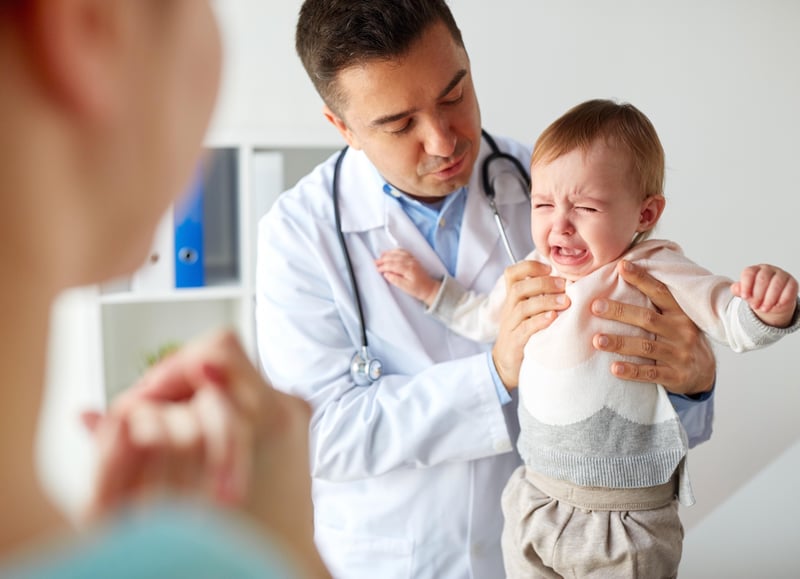NWMHC Press Release
April 22, 2021
Northern Wyoming Mental Health Center Continued Service Delivery During COVID-19 Pandemic
We are here for you! NWMHC continues to provide care for Wyoming citizens in Sheridan, Johnson, Weston, and Crook counties.
With the significant decrease in COVID-19 cases and vaccination efforts in Wyoming and surrounding communities, we resumed in-person services effective 03/22/21 and continue to provide telehealth services for those clients who are unable to return to in-person services.
For Sheridan, WY services, our 1221 W. 5th St office (by Sheridan Memorial Hospital) is currently undergoing renovations and we have temporarily relocated services to 909 Long Drive, Suite D. If you have any questions about finding our new temporary location, please call 307-674-4405.
For updates, please check back with us at wyomentalhealth.org or www.facebook.com/nwymhc.
On-call services continue to be in place and available 24/7.
Northern Wyoming Mental Health Center is here for you during this ever-changing time.
County Contact Numbers 24/7 - In case of an emergency, call 911.
Sheridan (307) 674-4405
Johnson (307) 684-5531
Crook (307) 283-3636
Weston (307) 746-4456
Latest News
-
Medical Marijuana Rx Ups Odds for Overuse, With No Benefit to Health: Study
03/18/2022?Using medical marijuana to treat pain, anxiety or depression may quickly lead to dependence, without relieving symptoms, a new study suggests. More
-
Life Span After Alzheimer's Diagnosis: What Factors Matter Most
03/18/2022?After a diagnosis of Alzheimer's disease, families have much to worry about. They wonder what's next and how long their loved one has left to live. More
-
Brain Scans Give Clues to Binge Eating Disorder in Young Kids
03/18/2022?Children who binge eat may be hardwired to do so: New research reveals they have abnormalities in regions of the brain associated with reward and inhibition. More
-
Omicron COVID Causing Severe Croup in Young Children
03/18/2022?The Omicron COVID-19 variant can cause croup in young children, including severe cases that require hospitalization and intensive care, a new study shows. More





